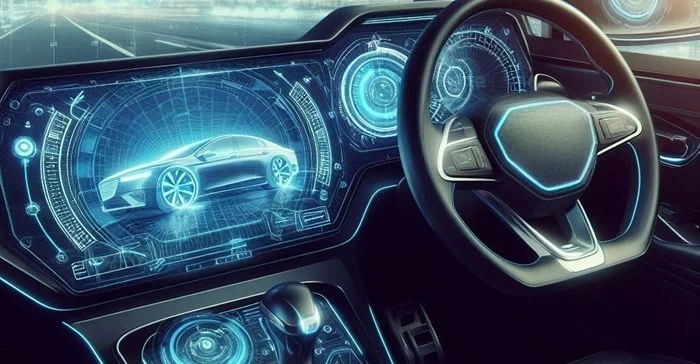South Africa’s growing electric vehicle (EV) market, projected to grow by 16.3% year-on-year through 2028 and reach R615m by 2024, offers a glimpse into a future powered by innovation. However, for the automotive industry, electric charging is just the beginning. By 2030, an estimated 95% of new vehicles sold globally will be connected, meaning software, personalisation, and automation will take centre stage, defining the next era of automobiles.
John Wall, SVP and head of QNX at BlackBerry, emphasises the crucial role of trust: “New in-vehicle experiences powered by technology will revolutionise how we interact with our cars, but automakers face challenges in fostering public trust in these technologies.”
Similar to other aspects of our lives becoming increasingly software-defined, so too are our cars. The past decade has seen a surge in the use of vehicle, driver, and sensor data, raising concerns about data breaches, privacy, and the integrity of features like autonomous driving.
These concerns are not unfounded, as evidenced by the recent US recall of millions of Tesla vehicles due to shortcomings in their autonomous features.
South Africa’s growing electric vehicle (EV) market, projected to grow by 16.3% year-on-year through 2028 and reach R615m by 2024, offers a glimpse into a future powered by innovation. However, for the automotive industry, electric charging is just the beginning. By 2030, an estimated 95% of new vehicles sold globally will be connected, meaning software, personalisation, and automation will take centre stage, defining the next era of automobiles.


